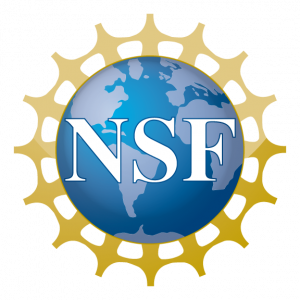
Partners and People
University of Arizona
In partnership with Diné College and the Navajo Technical University, the University of Arizona hosts a graduate training program that provides a diverse STEM education with intercultural awareness and multidisciplinary skills for research in sustainable FEWs. The traineeship centers on the development of novel, sustainable solutions for off-grid production of safe drinking water and controlled environment agriculture systems. Trainees work collaboratively with Indigenous communities to ultimately build culturally acceptable technology.
USF Strong Coasts: University of South Florida and University of the Virgin Island
The University of South Florida (USF) and the University of Virgin Island (UVI) partner together to teach a training and research program on FEWS where graduates from multiple disciplines design innovative solutions with coastal community partners to complex, interconnected coastal issues. The program pushes the concept of “ridge-to-reef” systems in new directions by considering the technological, institutional, environmental and sociocultural factors that shape FEWS. The two universities also work closely with “FEWS Global – Belize”, a newly developed NRT field course in Belize that integrates stakeholder workshops with Ya’axche Conservation Trust, agroforestry tours with Mayan farmers, and interdisciplinary teams to develop new framework models for FEWS-based community partners.
Blum Center for Developing Economies, UC Berkeley
The Blum Center has worked with the Northern California Pomo Nations for over 10 years training students to collaborate with Native nations on issues of food, energy, and water systems (FEWs). These collaborations have covered everything from creek restoration and community garden projects to contextualizing STEM education for Native youth that focuses on FEWs. More than 20 undergraduate and graduate students, including students in the InFEWs program, have been a part of the teams.
 This material is based upon work supported by the National Science Foundation under Grant No. DGE-1633740. Any opinions, findings, and conclusions or recommendations expressed in this material are those of the author(s) and do not necessarily reflect the views of the National Science Foundation.
This material is based upon work supported by the National Science Foundation under Grant No. DGE-1633740. Any opinions, findings, and conclusions or recommendations expressed in this material are those of the author(s) and do not necessarily reflect the views of the National Science Foundation.
Menu


